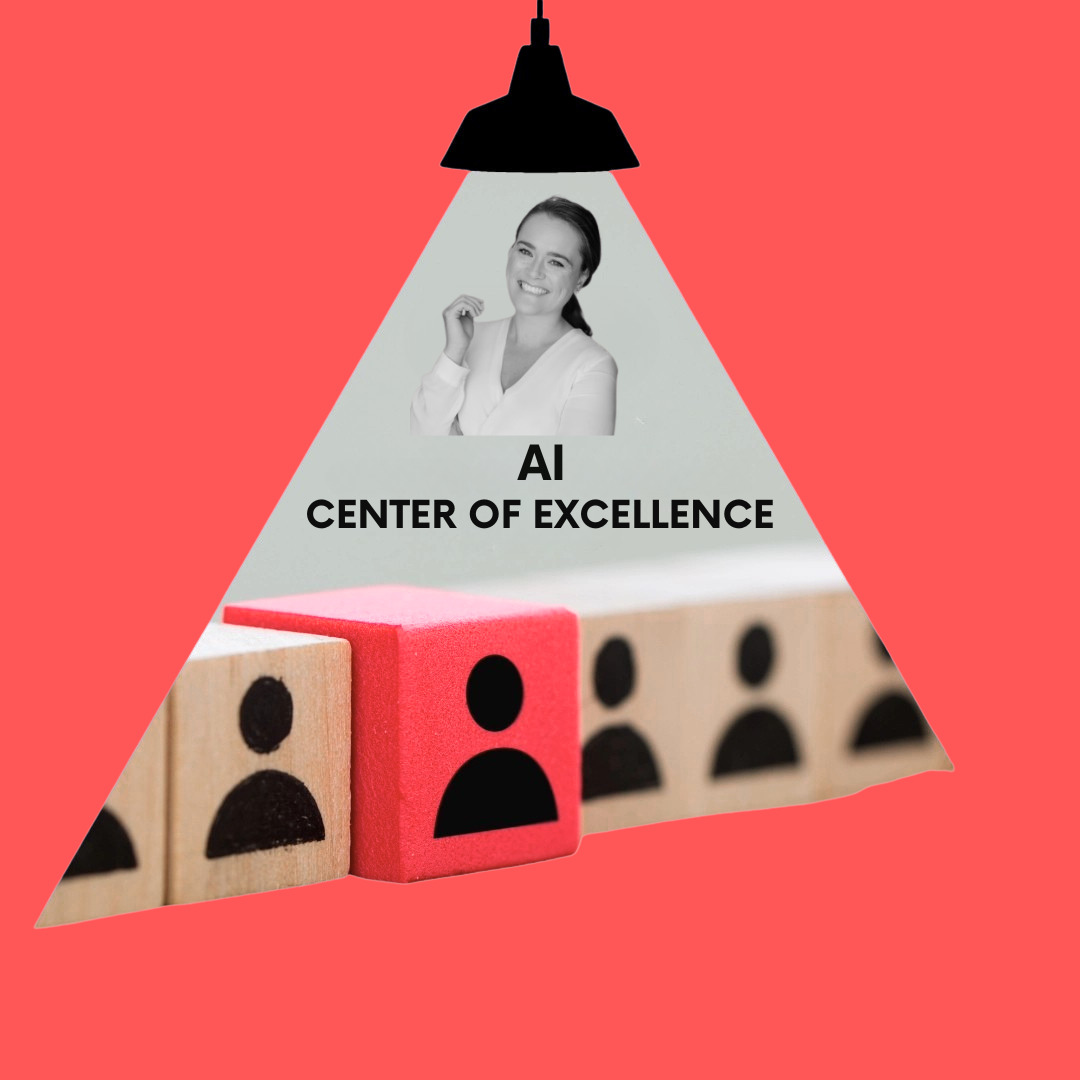AI Center Of Excellence: Jackie

Jackie is a strategy and operations leader with 10+ years of experience spanning Bain & Company, WeWork, and independent consulting. She has advised Fortune 500s, growth-stage companies, and startups on strategic planning, market entry, pricing, M&A due diligence, and business transformation. Her projects range from building pricing models and market entry strategies to finance-focused AI impact modeling, alongside broader corporate strategy initiatives.
Q. How do you describe your independent consulting offering and the typical focus of your work?
I lead an independent consulting firm that mirrors my personal interests in strategy, operations, and AI. It’s all about translating key priorities into execution for Fortune 500s, growth-stage companies, and startups. The work is varied and spans from strategic planning and market entry to pricing and GTM optimization. We also cover M&A due diligence and integration, and finance-anchored AI impact modeling. Most people have a consulting background or an operational background, and I'm fortunate that Ic an draw on both from my history with Bain & Company and WeWork.
Q. What are the specific benefits that you, as an independent, offer and how do you explain your value?
I pair Bain training with hands-on operating experience fromWeWork and the speed and personal attention of an independent. I work across strategy, operations, product, and applied AI, which helps me connect the dots and keep plans practical. As an independent, I'm also more flexible than most firms can be. I arrive ready to plug in to any model or relationship the client may need. In contrast, most firms have a set engagement methodology that the client needs to adapt to. Ambiguity and speed suit me well–entering a new market, assessing or integrating an acquisition, setting an AI strategy that ties to the business, improving pricing and go-to-market, or driving a fast transformation or cost effort. I'm also unique because, as the CEO of my firm,I have access to a deep global talent pool that allows me to flex in any direction based on client needs and priorities.
Q. What made you realise that AI was going to be significant in the next stage of your independent career?
I saw it first in large-scale work where better use of data and automation was changing outcomes in ways strategy alone couldn’t. Then in client engagements, I noticed a pattern:leaders were excited about AI but often misjudged the timingand the level of investment it would take. At the same time, the business cases were almost always skewed toward upside potential without factoring in risks and constraints. That’s when I realized there was a real gap - a need to ground AI in strategy, finance, and operations so it could move from buzzwords to results.That’s been a natural next step for me.
Q. How do you start the conversations with clients about where AI is going to impact them?
I always start with the business, not the technology. We look at their goals, how the value chain works, and where profit is created or lost. From there, I use a mix of strategy tools and AI frameworks - including AIM when finance is front and center - to size market shifts, map risks and opportunities, and shape the cases for go-to-market moves or internal initiatives. The goal is to give leaders a clear view of what matters most:where AI can really move the needle, what to prioritize, and how to fund and sequence the work.
Q. Describe a recent assignment in terms of success and outcomes and any personal learnings.
I led an enterprise AI transformation PMO for a legal technology company that was developing five new AI tools. My role was to pull everything together across readiness, prioritization, pricing, customer insight, governance, and go-to-market. We put structure around investment choices, built clear financial tracking, set up governance forums, and made sure product and GTM teams were working off the same customer voice. The result was accountability, pricing clarity, and a practical path to scalable adoption.My biggest takeaway was that AI success isn’t just about the tech — it’s about making sure organizational readiness, customer value, and strategy move in sync.
Q. What advice would you give to anyone about to embark on an independent career?
Part of what I love about independent consulting is that there is no one way to make it work! But from my personal experience:
- Find your edge at the intersection of domains — that’s where you’ll stand out. For me, it’s strategy, operations, and applied AI.
- Pair that with real operating experience so your work is always grounded in what will actually work inside a business.
- Build repeatable approaches and assets that scale quality, whether that’s a framework, a methodology, or a network.
- Balance breadth with a few deep capabilities so you stay flexible but credible.
- And don’t do it alone — the best independents I know are great at building collaborations that expand their range while still keeping the speed and independence clients want. The temptation is to say yes to everything, but in reality, focus and partnership are what create real growth.
Q.Finally, what do you like to do when you're not working in the depths of AI Consulting?
A lot of my time goes into building my company’s community —mentoring rising analysts, developing training that helps teams deliver board-ready work, and hosting roundtables that connect clients with emerging talent. I’m especially focused on widening access, so I work with people from underrepresented markets who are building skills and looking for ways into consulting and tech. Outside of that, I read broadly in organizational psychology, which keeps me grounded in how people and teams really work — something that always circles back into my client work in unexpected ways.

